Discover the Women of the Hall
These are the Inductees of the National Women’s Hall of Fame. Select any of the women to discover their stories and learn how they have influenced other women and this country.

Ann Bancroft
First woman to travel across the ice to the North and South Poles. She was the first woman to travel across Greenland on skis, and in 1993, was leader of the American Women’s Expedition, a group of four who skied more than 600 miles to the South Pole.
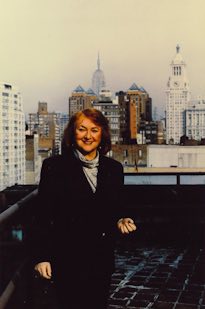
Eleanor K. Baum
As the former Dean of Engineering at Cooper Union and the Executive Director of the Cooper Union Research Foundation, Dr. Eleanor Baum is the first female engineer to be named dean of a college of engineering in the United States. In 1995, she became the first female president of the American Society for Engineering Education. An electrical engineer who has worked in the aerospace industry, Dr. Baum is a respected leader in recruitment and retention of women in the engineering profession.
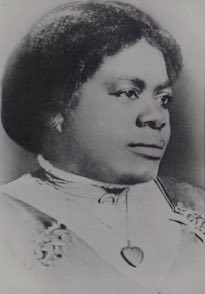
Mary McLeod Bethune
African American teacher who, with only $1.50, began a school to help educate young African American women. After developing it into a college, she became a powerful leader, and through her leadership of the National Council of Negro Women, worked to end discrimination and increase opportunities for African Americans.
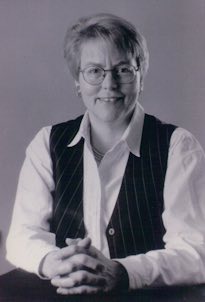
Charlotte Anne Bunch
Founder and director of the Center for Women’s Global Leadership at Rutgers University. Bunch has helped shape the global feminist movement and created consciousness about gender-based human rights. She is also a leader in national and international networking and advocacy for women.
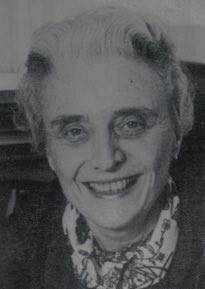
Mary Steichen Calderone
Pioneering sex educator and acknowledged “mother of sex education.” She established the Sex Information and Education Council of the United States, which established sexuality as a healthy entity. Dr. Calderone was President of the SIECUS board, as well as author and co-author of several books, professional journals and magazine articles.
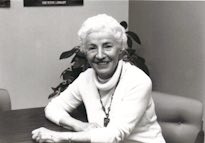
Ruth Colvin
Founder of the Literacy Volunteers of America, a group which she began in her upstate New York home. The organization has now taught nearly half a million people to read. Its unique approach, designed by Colvin, employs community tutors.

Ann Bancroft
First woman to travel across the ice to the North and South Poles. She was the first woman to travel across Greenland on skis, and in 1993, was leader of the American Women’s Expedition, a group of four who skied more than 600 miles to the South Pole.

Eleanor K. Baum
As the former Dean of Engineering at Cooper Union and the Executive Director of the Cooper Union Research Foundation, Dr. Eleanor Baum is the first female engineer to be named dean of a college of engineering in the United States. In 1995, she became the first female president of the American Society for Engineering Education. An electrical engineer who has worked in the aerospace industry, Dr. Baum is a respected leader in recruitment and retention of women in the engineering profession.

Mary McLeod Bethune
African American teacher who, with only $1.50, began a school to help educate young African American women. After developing it into a college, she became a powerful leader, and through her leadership of the National Council of Negro Women, worked to end discrimination and increase opportunities for African Americans.

Charlotte Anne Bunch
Founder and director of the Center for Women’s Global Leadership at Rutgers University. Bunch has helped shape the global feminist movement and created consciousness about gender-based human rights. She is also a leader in national and international networking and advocacy for women.

Mary Steichen Calderone
Pioneering sex educator and acknowledged “mother of sex education.” She established the Sex Information and Education Council of the United States, which established sexuality as a healthy entity. Dr. Calderone was President of the SIECUS board, as well as author and co-author of several books, professional journals and magazine articles.

Ruth Colvin
Founder of the Literacy Volunteers of America, a group which she began in her upstate New York home. The organization has now taught nearly half a million people to read. Its unique approach, designed by Colvin, employs community tutors.
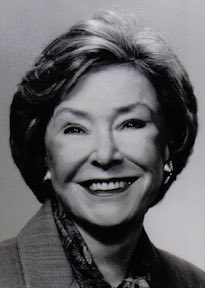
Joan Ganz Cooney
Founder of the Children’s Television Workshop for Public Television and creator of Sesame Street. Cooney created a study for the Carnegie Corporation on the possible use of television for preschool education. Acting on her own findings, she solicited funds to develop a program for television. For this, she was the winner of the Emmy and Peabody Awards, along with other honors.
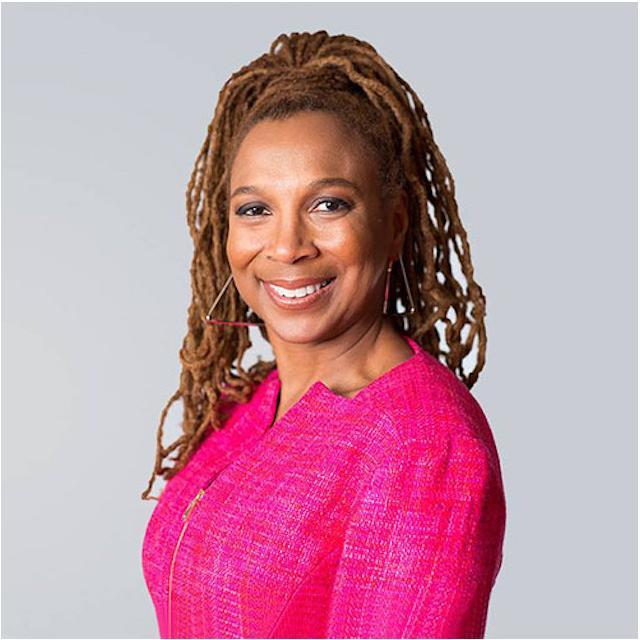
Kimberlé Crenshaw
Professor Kimberlé Crenshaw is the co-founder and ExecutiveDirector of the African American Policy Forum, a gender and racial justice legal think tank, and the founder and Executive Director of the Center for Intersectionality and Social Policy Studies at Columbia Law School. She is a trailblazing scholar, advocate, and professor whose ideas have reshaped the landscape of critical race theory and Black feminist legal theory.
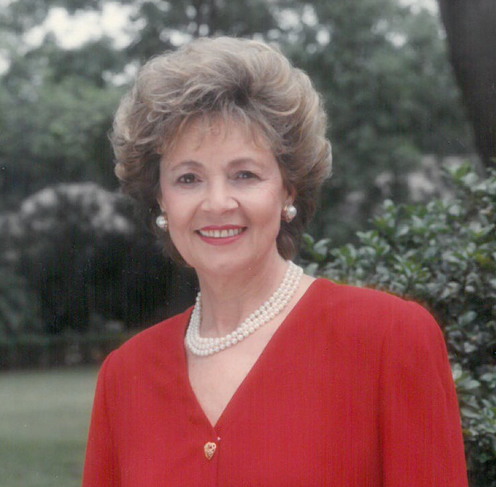
Matilda Raffa Cuomo
Established the nation’s first school-based one-to-one mentoring program, connecting over 10,000 students to trained mentors, and helping them to succeed in school, graduate, and advance in the workplace. The reach of this program, Mentoring USA, has expanded internationally.
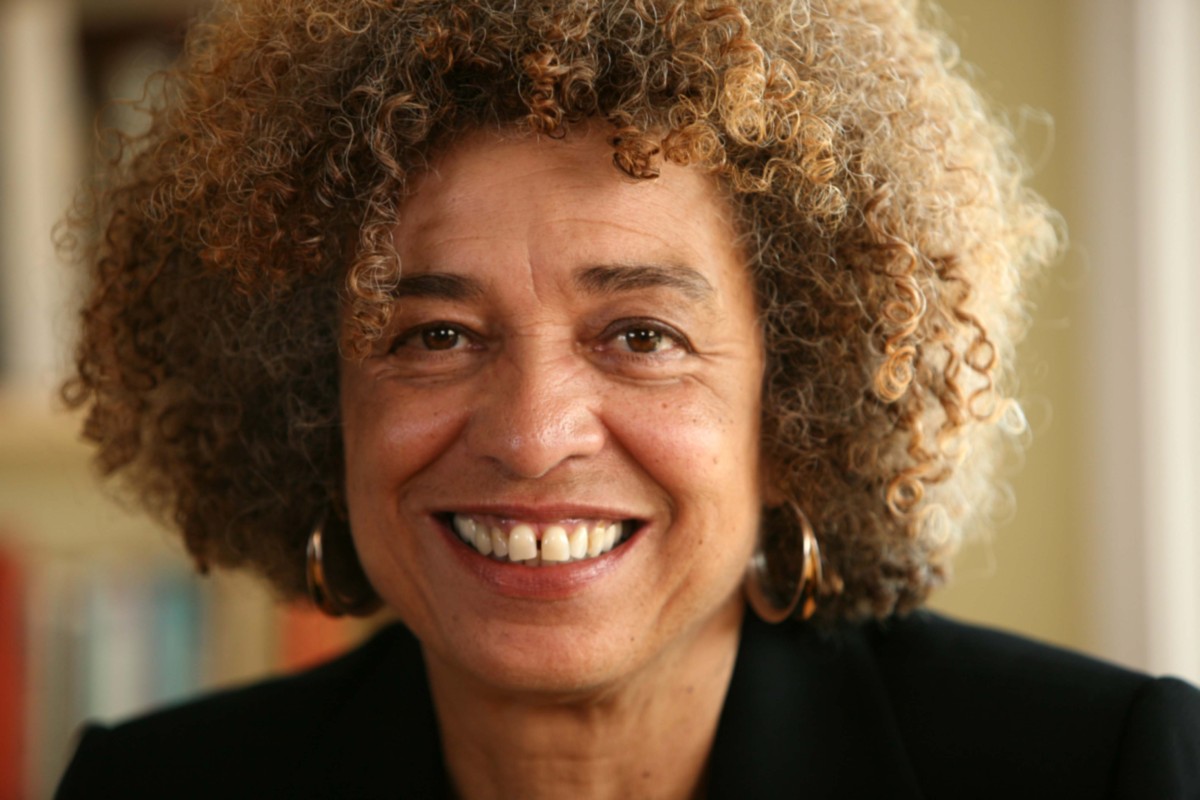
Angela Davis
Dr. Angela Davis is a prominent political activist, academic scholar, and author of numerous groundbreaking works. Well-known for her emphasis on the ways that justice is “indivisible,” Dr. Davis has spent a lifetime working on civil rights and women’s rights, against the prison industrial complex and for international justice. Dr. Davis’ teaching career has taken her to numerous college campuses across the United States, and she has also given lectures in Europe, Africa, Asia, Australia, and South America. She spent 15 years at the University of California Santa Cruz where she is now Distinguished Professor Emerita of History of Consciousness (an interdisciplinary Ph.D program) and of Feminist Studies. Dr. Davis’ works have emboldened generations of students to critically address and respond actively to contemporary issues of injustice. Her powerful voice remains instructive today.
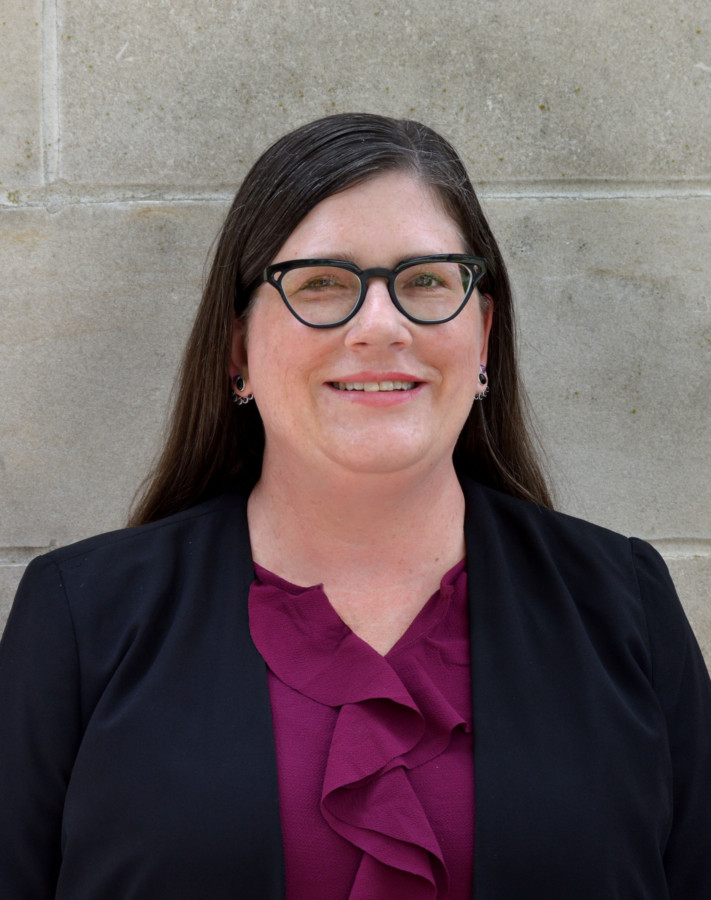
Sarah Deer
A citizen of the Muscogee (Creek) Nation of Oklahoma, Sarah Deer is a professor at the University of Kansas and an engaged activist for indigenous women. Ending violence against women is her life’s goal. A lawyer by trade and an advocate in practice, Deer’s scholarship and public policy work focuses on the intersection of federal Indian law and victims’ rights, using indigenous feminist principles as a framework. Her work to end violence against Native women has received national recognition from the American Bar Association and the Department of Justice as well as a MacArthur fellowship.
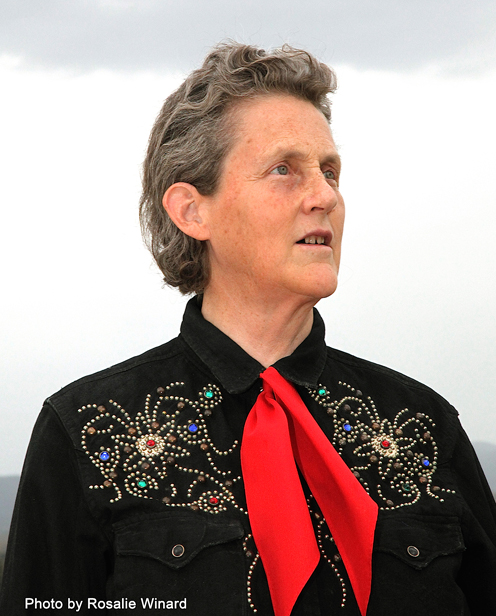
Temple Grandin
An animal sciences innovator and champion of farm animal welfare whose masterly designs for livestock handling systems transformed the industry and are used worldwide today. Her life and work have “revolutionized the study of autism,” as she had applied her insights gained from her own experience with autism to conceptualize equipment that reduces animal stress during the livestock handling process.

Joan Ganz Cooney
Founder of the Children’s Television Workshop for Public Television and creator of Sesame Street. Cooney created a study for the Carnegie Corporation on the possible use of television for preschool education. Acting on her own findings, she solicited funds to develop a program for television. For this, she was the winner of the Emmy and Peabody Awards, along with other honors.

Kimberlé Crenshaw
Professor Kimberlé Crenshaw is the co-founder and ExecutiveDirector of the African American Policy Forum, a gender and racial justice legal think tank, and the founder and Executive Director of the Center for Intersectionality and Social Policy Studies at Columbia Law School. She is a trailblazing scholar, advocate, and professor whose ideas have reshaped the landscape of critical race theory and Black feminist legal theory.

Matilda Raffa Cuomo
Established the nation’s first school-based one-to-one mentoring program, connecting over 10,000 students to trained mentors, and helping them to succeed in school, graduate, and advance in the workplace. The reach of this program, Mentoring USA, has expanded internationally.

Angela Davis
Dr. Angela Davis is a prominent political activist, academic scholar, and author of numerous groundbreaking works. Well-known for her emphasis on the ways that justice is “indivisible,” Dr. Davis has spent a lifetime working on civil rights and women’s rights, against the prison industrial complex and for international justice. Dr. Davis’ teaching career has taken her to numerous college campuses across the United States, and she has also given lectures in Europe, Africa, Asia, Australia, and South America. She spent 15 years at the University of California Santa Cruz where she is now Distinguished Professor Emerita of History of Consciousness (an interdisciplinary Ph.D program) and of Feminist Studies. Dr. Davis’ works have emboldened generations of students to critically address and respond actively to contemporary issues of injustice. Her powerful voice remains instructive today.

Sarah Deer
A citizen of the Muscogee (Creek) Nation of Oklahoma, Sarah Deer is a professor at the University of Kansas and an engaged activist for indigenous women. Ending violence against women is her life’s goal. A lawyer by trade and an advocate in practice, Deer’s scholarship and public policy work focuses on the intersection of federal Indian law and victims’ rights, using indigenous feminist principles as a framework. Her work to end violence against Native women has received national recognition from the American Bar Association and the Department of Justice as well as a MacArthur fellowship.

Temple Grandin
An animal sciences innovator and champion of farm animal welfare whose masterly designs for livestock handling systems transformed the industry and are used worldwide today. Her life and work have “revolutionized the study of autism,” as she had applied her insights gained from her own experience with autism to conceptualize equipment that reduces animal stress during the livestock handling process.
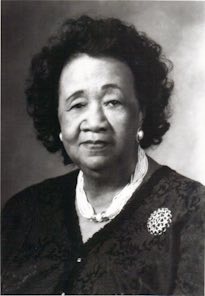
Dorothy Height
Began as a volunteer with the National Council of Negro Women. As its president and leader for forty years, she followed in the footsteps of her mentor, Mary McLeod Bethune. The NCNW represents organizations with more than four million members, works to create stong families as well as to assist young people and the needy.
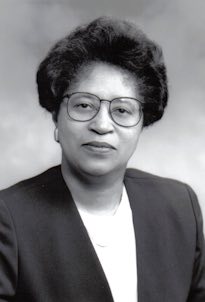
Shirley Ann Jackson
First woman to chair the United States Nuclear Regulatory Commission and the first African American woman to serve on the Commission. Elected a Fellow of the American Physical Society for her contribution to physical science, she became an advocate for women in the areas of science, education and public policy. As Chair of NRC, she rearticulated the vision of the NRC to include reaffirmation of the basic health and safety mission of the agency.
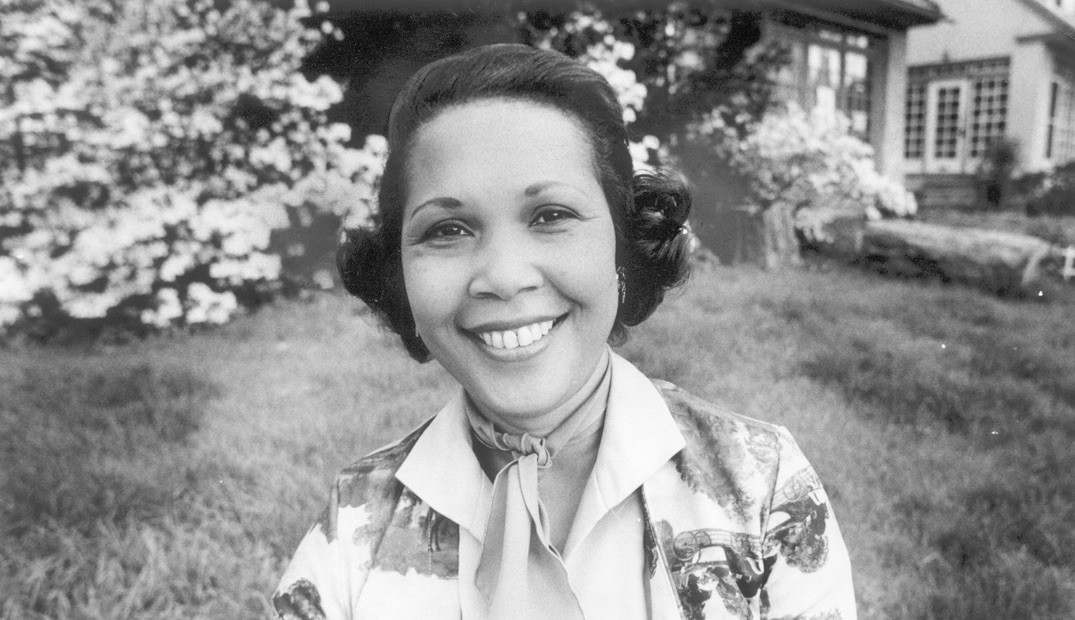
Barbara Rose Johns Powell
A young, civil rights leader, and pioneer. At the age of 16, Powell led a student strike, for equal education, at R.R. Moton High School in Farmville, Virginia.

Helen Keller
Author and lecturer. An illness at the age of 19 months left her deaf, blind and mute. Through the work of teacher Anne Sullivan, she learned to overcome these daunting handicaps and became a powerful and effective national spokesperson on behalf of others with similar disabilities.
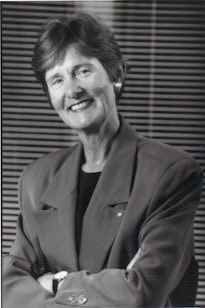
Nannerl O. Keohane
The first contemporary woman to head both a major women’s college (Wellesley) and a research university (Duke). Her efforts have increased minority student enrollment and improved faculty diversity.
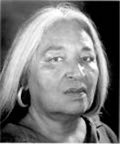
Patricia A. Locke
Locke worked for decades to preserve American Indian languages and became a pioneer in an effort to grant the tribes greater authority in the education of their children. Locke was a 1991 MacArthur Fellow for her work to save dying tribal languages. In 1993, she became the first Native American woman elected to the national governing body of the Baha’i faith.

Dorothy Height
Began as a volunteer with the National Council of Negro Women. As its president and leader for forty years, she followed in the footsteps of her mentor, Mary McLeod Bethune. The NCNW represents organizations with more than four million members, works to create stong families as well as to assist young people and the needy.

Shirley Ann Jackson
First woman to chair the United States Nuclear Regulatory Commission and the first African American woman to serve on the Commission. Elected a Fellow of the American Physical Society for her contribution to physical science, she became an advocate for women in the areas of science, education and public policy. As Chair of NRC, she rearticulated the vision of the NRC to include reaffirmation of the basic health and safety mission of the agency.

Barbara Rose Johns Powell
A young, civil rights leader, and pioneer. At the age of 16, Powell led a student strike, for equal education, at R.R. Moton High School in Farmville, Virginia.

Helen Keller
Author and lecturer. An illness at the age of 19 months left her deaf, blind and mute. Through the work of teacher Anne Sullivan, she learned to overcome these daunting handicaps and became a powerful and effective national spokesperson on behalf of others with similar disabilities.

Nannerl O. Keohane
The first contemporary woman to head both a major women’s college (Wellesley) and a research university (Duke). Her efforts have increased minority student enrollment and improved faculty diversity.

Patricia A. Locke
Locke worked for decades to preserve American Indian languages and became a pioneer in an effort to grant the tribes greater authority in the education of their children. Locke was a 1991 MacArthur Fellow for her work to save dying tribal languages. In 1993, she became the first Native American woman elected to the national governing body of the Baha’i faith.
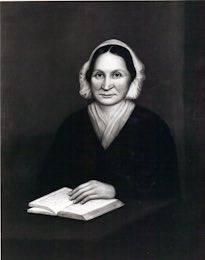
Mary Lyon
Founded the first college for women, Mount Holyoke (1837). Mount Holyoke became the model for institutions of higher education for women nationwide. Lyon based her school on sound finances and high quality education in all disciplines, encouraging and educating women to reach beyond teaching and homemaking.
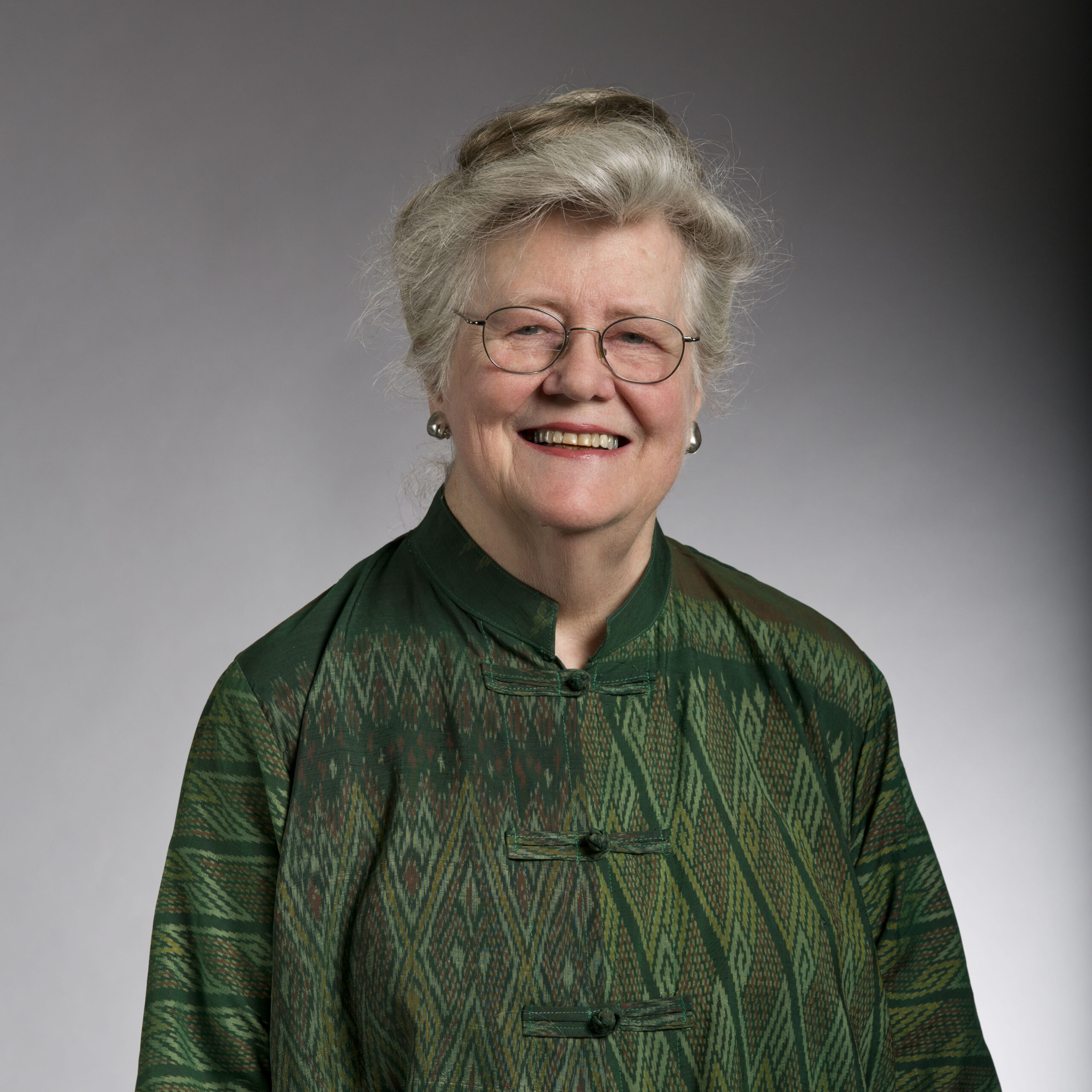
Peggy McIntosh
Peggy McIntosh is renowned as an educational innovator, feminist activist, author, and public speaker. McIntosh derived her understanding of white privilege from observing parallels with male privilege.
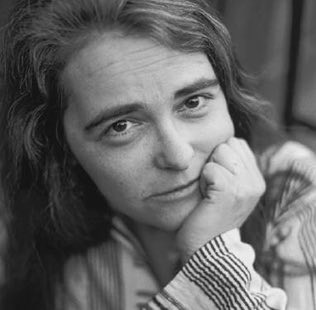
Kate Millett
A feminist activist, writer, visual artist, filmmaker, teacher and human rights advocate, Kate Millett has been described as one of the most influential Americans of the twentieth century. Millett began her career as an English instructor and in 1966, became the first Chair of the Education Committee of the newly formed National Organization for Women. In 1968, she authored a pioneering report published by NOW, Token Learning: A Study of Women’s Higher Education in America, in which she challenged women’s colleges to provide an equal education for women. Millett is perhaps best-known for her landmark work in feminist theory, Sexual Politics (1970). She currently serves as the Director of the Millett Center for the Arts, a creative work space that provides artist in residence accommodation and studio facilities to women artists from around the world.
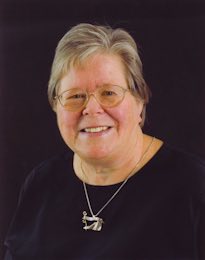
Judith L. Pipher
The first female to pursue infrared and submillimieter astronomy into ultra sensitive light detection of celestial bodies, Dr. Judith Pipher is a highly regarded infrared astronomer. As a professor with the University of Rochester for 31 years, she founded a group of observational infrared astronomers who took the first telescopic infrared pictures of starburst galaxies. Dr. Pipher was also instrumental in designing aspects of the NASA Spitzer Space Telescope, launched in 2003.
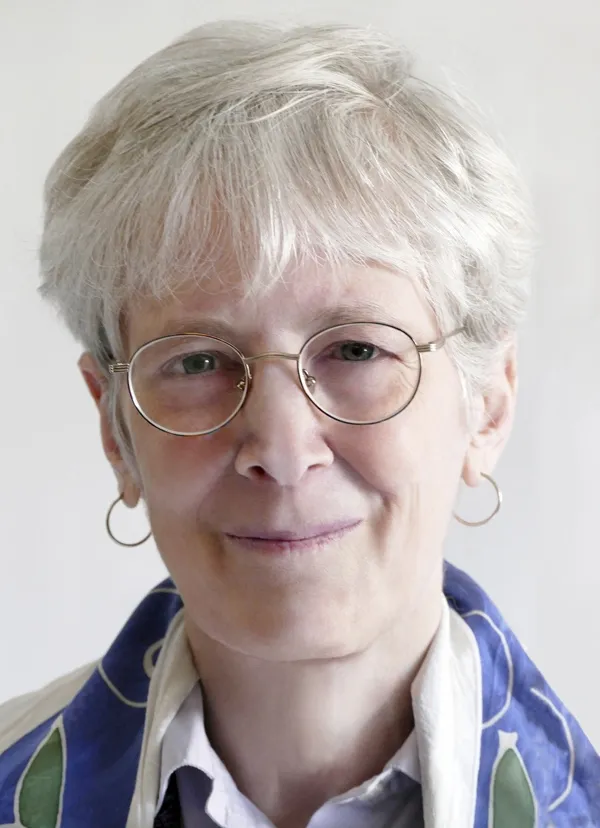
Judith Plaskow
In the realm of feminist theology, one of the names that stands out as a pioneering force is Dr. Judith Plaskow. An author and activist, Paskow is a visionary thinker whose intellectual contributions have shaped discourse and enriched our understanding of spirituality, gender, and equality.
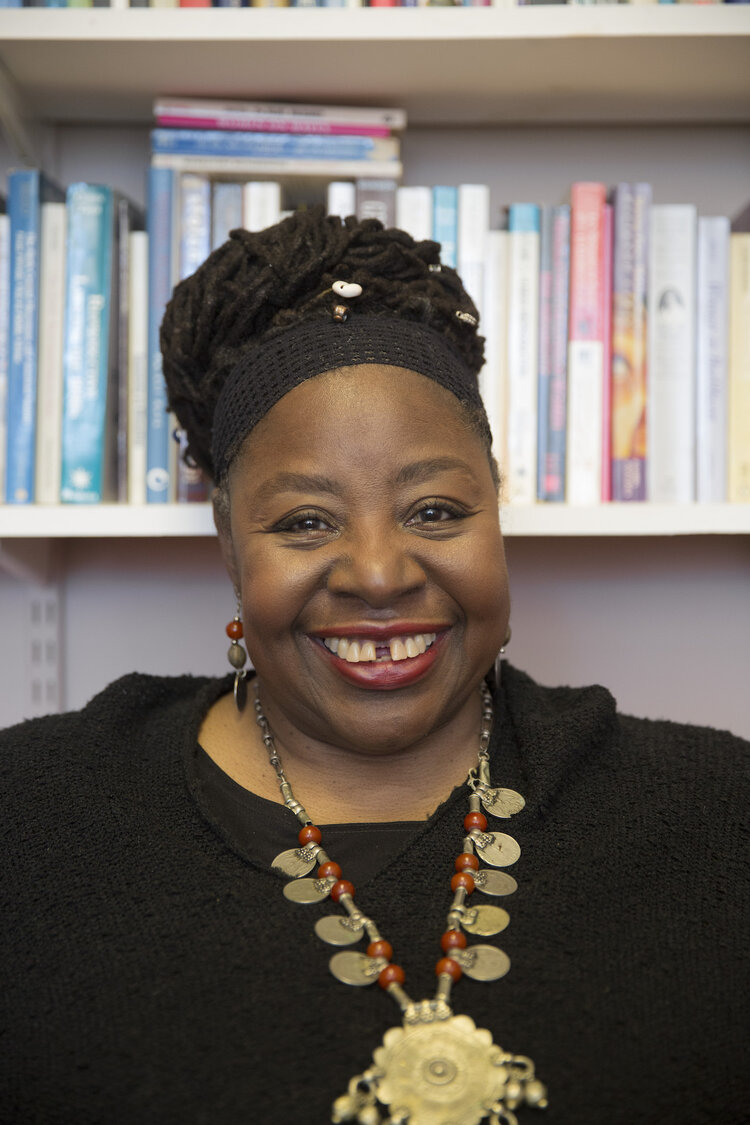
Loretta Ross
Loretta J. Ross is a Black academic, feminist, and activist for reproductive justice, especially among women of color. Driven by her personal experiences as a survivor of rape and nonconsensual sterilization, Ross has dedicated her extensive career in academia and activism to reframing reproductive rights within a broader context of human rights.

Mary Lyon
Founded the first college for women, Mount Holyoke (1837). Mount Holyoke became the model for institutions of higher education for women nationwide. Lyon based her school on sound finances and high quality education in all disciplines, encouraging and educating women to reach beyond teaching and homemaking.

Peggy McIntosh
Peggy McIntosh is renowned as an educational innovator, feminist activist, author, and public speaker. McIntosh derived her understanding of white privilege from observing parallels with male privilege.

Kate Millett
A feminist activist, writer, visual artist, filmmaker, teacher and human rights advocate, Kate Millett has been described as one of the most influential Americans of the twentieth century. Millett began her career as an English instructor and in 1966, became the first Chair of the Education Committee of the newly formed National Organization for Women. In 1968, she authored a pioneering report published by NOW, Token Learning: A Study of Women’s Higher Education in America, in which she challenged women’s colleges to provide an equal education for women. Millett is perhaps best-known for her landmark work in feminist theory, Sexual Politics (1970). She currently serves as the Director of the Millett Center for the Arts, a creative work space that provides artist in residence accommodation and studio facilities to women artists from around the world.

Judith L. Pipher
The first female to pursue infrared and submillimieter astronomy into ultra sensitive light detection of celestial bodies, Dr. Judith Pipher is a highly regarded infrared astronomer. As a professor with the University of Rochester for 31 years, she founded a group of observational infrared astronomers who took the first telescopic infrared pictures of starburst galaxies. Dr. Pipher was also instrumental in designing aspects of the NASA Spitzer Space Telescope, launched in 2003.

Judith Plaskow
In the realm of feminist theology, one of the names that stands out as a pioneering force is Dr. Judith Plaskow. An author and activist, Paskow is a visionary thinker whose intellectual contributions have shaped discourse and enriched our understanding of spirituality, gender, and equality.

Loretta Ross
Loretta J. Ross is a Black academic, feminist, and activist for reproductive justice, especially among women of color. Driven by her personal experiences as a survivor of rape and nonconsensual sterilization, Ross has dedicated her extensive career in academia and activism to reframing reproductive rights within a broader context of human rights.
